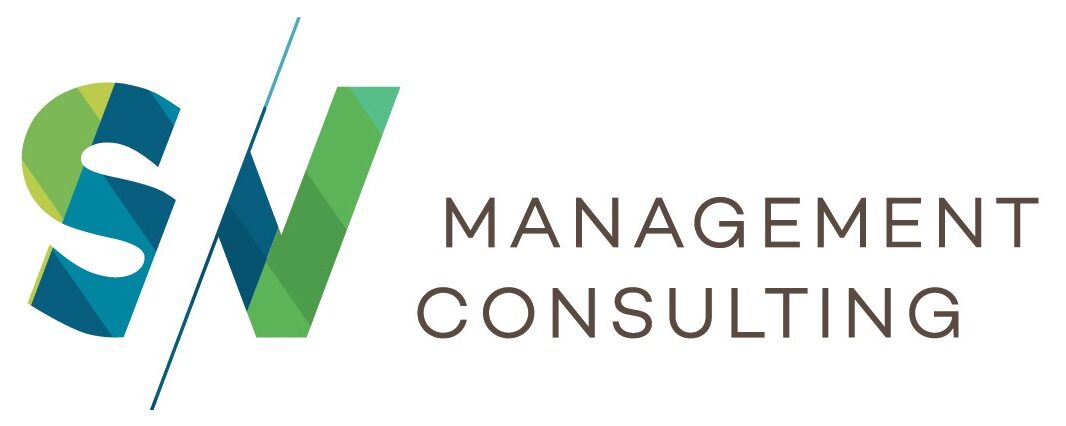
As humans, we tend to be overly critical of ourselves, which can sometimes hinder us from appreciating our own strengths. Instead of facing career changes with fear or doubt, embracing gratitude can unlock valuable insights into what truly matters and allow us to adjust our career path with who we have become. By focusing on identifying and addressing the unconscious patterns that sabotage our gratitude, we can take control of our lives like a CEO.
Our career vision naturally evolves over time, influenced by our shifting life goals, often without our conscious analysis. You might feel content with your job and career path one day, only to feel unsettled years later.
Be grateful for this awareness and take time to navigate the journey, whether seeking a new role, aiming to stay in your current one, or having experienced downsizing or reorganization. As you reflect on what you’re thankful for, remember to show yourself grace. Consider the following areas when changing your career path:
1. Evolving Priorities
- Personal Fulfillment: As your life vision evolves, what brings you fulfillment may change. You might start seeking more meaningful or purpose-driven work.
- Work-Life Balance: A shift in priorities, such as focusing on family, health, or personal growth, might make you reconsider roles that demand less time or stress.
2. New Interests or Passions
- Changing Focus: Life experiences, new hobbies, or personal growth may spark new interests. This can inspire a career pivot to align with newfound passions.
- Lifelong Learning: A growing interest in learning new skills could lead to changing industries, pursuing further education, or developing expertise in a different area.
3. Values Shift
- Ethical Alignment: As people mature, they may desire a career that aligns with their values. This could lead to shifts towards socially responsible or environmentally sustainable jobs.
- Cultural Fit: You might prioritize working for organizations whose cultures match your evolving personal values or work style.
4. Financial or Stability Goals
- Monetary Needs: Early in life, people may focus on financial growth. Later, a stable or less stressful career might become more appealing, even if it means a lower salary.
- Security vs. Risk: With changing life circumstances, you may reassess the risks you’re willing to take in your career, moving towards more secure roles or, conversely, embracing entrepreneurial risk.
5. Health and Well-Being
- Mental and Physical Health: As health and wellness become more central to your life vision, you may seek careers that allow for better self-care or reduced stress.
- Workplace Environment: Prioritizing mental and emotional well-being could lead to a shift toward healthier work environments or more flexible working conditions.
6. Family and Relationships
- Support Systems: Life vision changes, such as becoming a parent or caregiver, can influence the desire for careers that offer flexibility and the ability to spend more time with loved ones.
- Location and Mobility: If your life vision includes settling in a particular location or traveling more, your career goals might adjust to reflect that.
In sum, have gratitude when the vision for your life changes; your career goals often follow to reflect a new sense of purpose, priorities, and personal fulfillment. Have you experienced any shifts in your own career goals due to changes in your life vision? Have you spent the time looking at yourself and what needs to change for this alignment to happen? Reach out for a coaching session if you need a partner with help in changing your career path.


